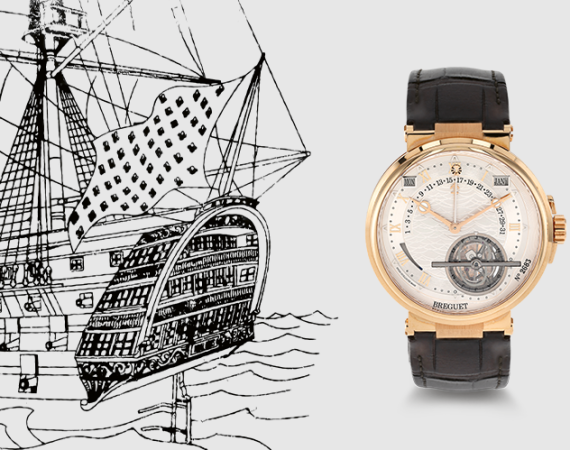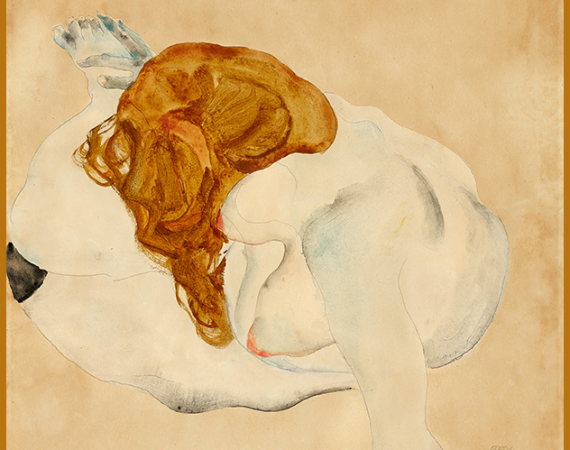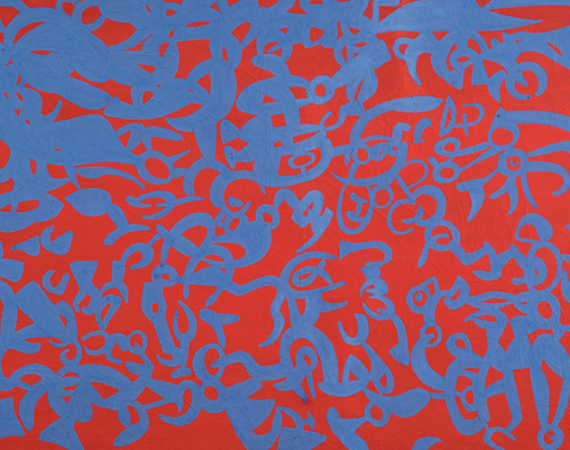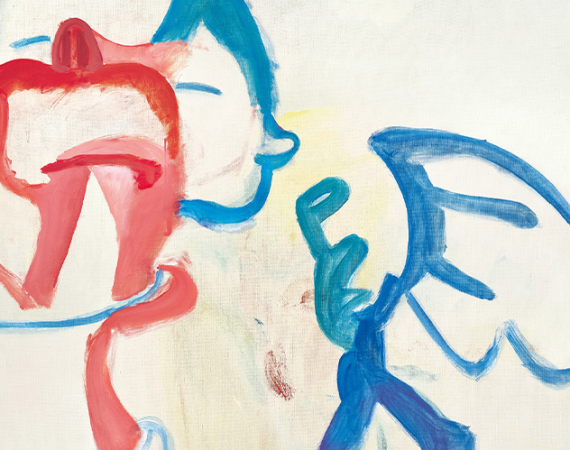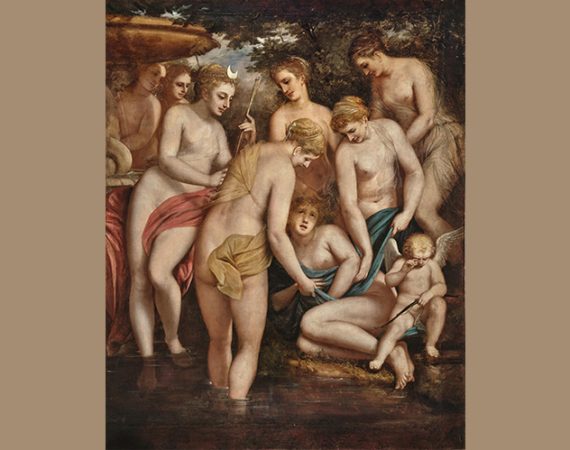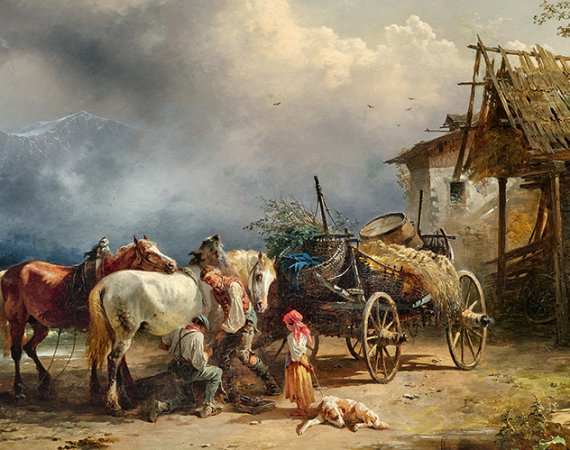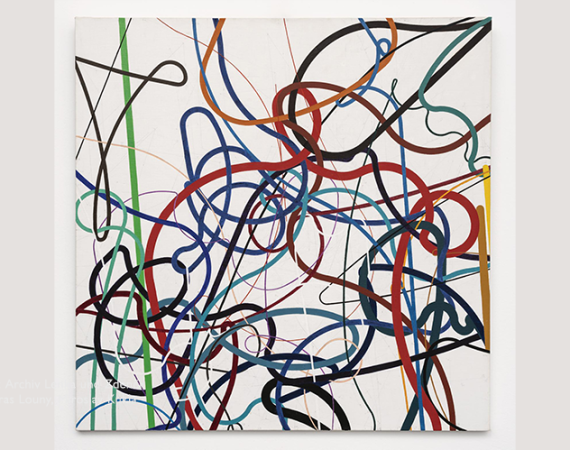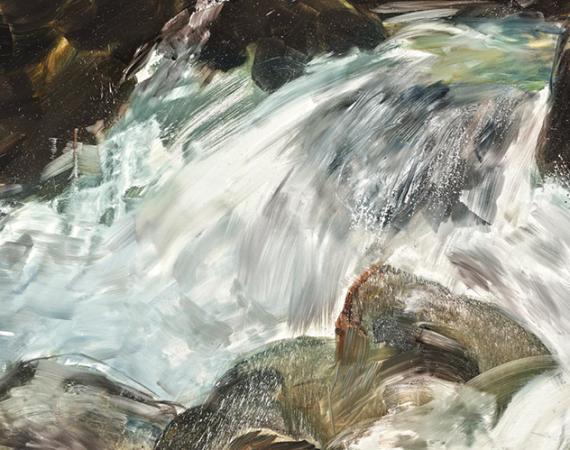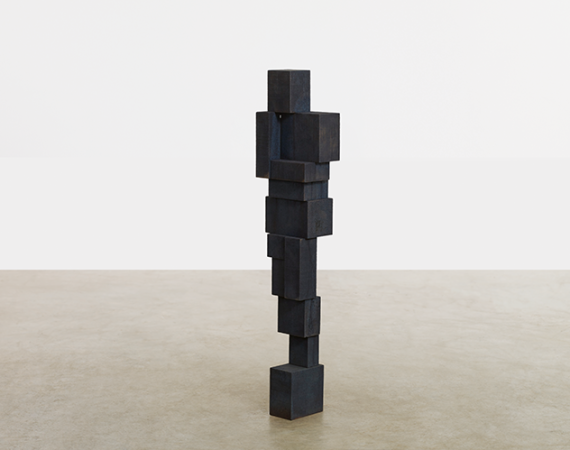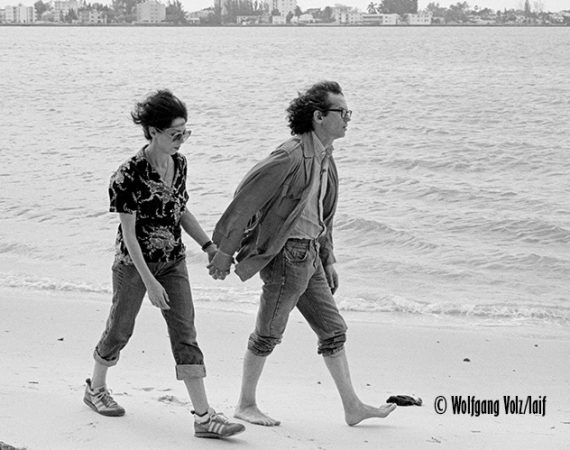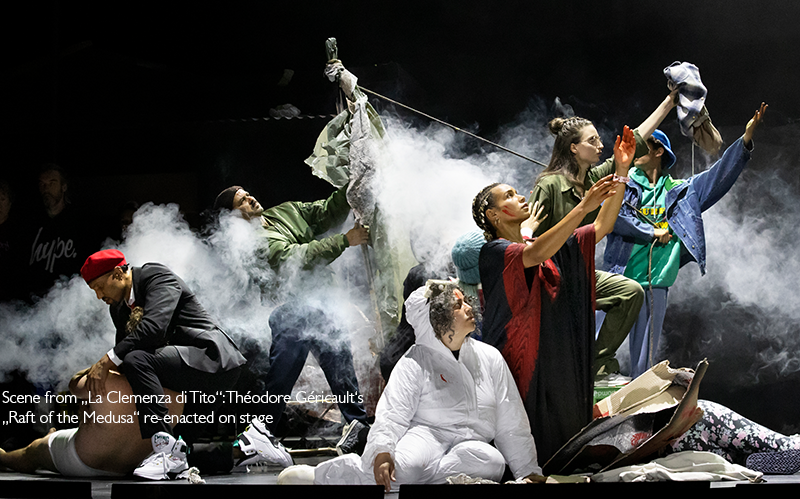
Multiple award-winning theatre director Milo Rau is the new impresario of the prestigious Wiener Festwochen, which he is proclaiming, right from the start, to be a “free republic”. The Swiss activist, author, lecturer and former Artistic Director of the National Theatre in Ghent is as highly esteemed internationally as he is a polarising force. In the interview he casts light upon his perspective on the interrelation between art and politics in his works and in society.
Mozart’s last opera, La Clemenza di Tito, Milo Rau’s debut piece as an opera director, deals with the evolution of bourgeois art through the appro- priation of revolutionary ideals. At the same time, the opera poses the question whether the present-day discourse on tolerance practised by the élite does not end up undermining equality in society. Rau shifts Eugène Delacroix’s famous painting Liberty Leading the People of 1830 into the present through a tableau vivant. Liberty is now a young black migrant swinging a trash flag. Rau’s comment: “La Clemenza di Tito is a critique of art. Calam- itous histories, rebellions, murderous deeds and executions are transformed in performances and the fine arts. It’s the capitalisation of suffering.”

There are frequent references to the visual arts in Rau’s œuvre. “One of my most important works is Lam Gods, which plays in front of a depiction of the Ghent Altarpiece. I re-enacted the piece with the citizens of Ghent when I became Artistic Director there in 2018.” Milo Rau is fascinated by the realism of the depiction of Adam in Van Eyck’s famous altarpiece. The real life model for the figure is said to have come to the studio with sunburnt arms from working on the land and this detail was transferred into the paint- ing: in the painting the figure of Adam has reddish arms and an otherwise white body. “I thought it was so cool that the birth of oil painting shows the transgession of everyday, prosaic life. So I did the same on the stage.”

„Liberty leads the people“, 1830, in „La Clemenza di Tito“ as a tableau vivant
Through his practice of using the theatre as space for political discourse and contradictions, Rau has gained notoriety both as a critic and as an activist. He jumps from one theme to another, and back again, with ease and talks at high speed now about his meeting with the Pope, who liked his film The New Gospel, then about his practice of transcending everyday life on the stage, also on the significance of the Last Generation’s protests demanding artistic spaces. In his works, Milo Rau tries to present a new perspective that reaches beyond the Eurocentric viewpoint. So he aims to create hierarchy-free spaces, which he sees as counter- poles to museums – the new holy places.
The theatre maker also acknowledges the far-reaching impact of paintings. “You can draw on many famous image constellations in their iconography. And these are re-adopted in films or in series. If you were to analyse how strongly the Masters of art history have influenced American series in pictorial composition, I think this would demonstrate an incredible semiotic interrelation. We’ve lost the faith, but not the related images. This is the reason why the sacralisation of these images essentially takes place in the collective space of art.”
Rau has worked as a director in Russia, but also in Africa and Belgium. What does he think about the culture scene of Vienna? “Vienna, even more pronouncedly than other cities I know, has a certain depth of history. It’s the metropolis of Modern- ism, and here we react to the entire tradition of Beethoven, Mozart and the Baroque. At the same time, when we work with the vari- ous academies, I experience Vienna as hypermodern, very now, and this is extremely radical.”
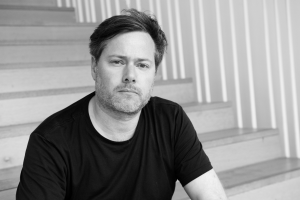
How does Rau reconcile the radical politicisation of his theatre with his role as Artistic Director of the Wiener Festwochen? Is it possible for the passionate expression of an acclaimed theatre director such as him not to be restricted in this role? Rau’s opinion: “I actually think you have to get into institutions because they have the power. All it takes is a modicum of will and they’ll become generators of change in no time at all.”
Rau is an optimist. In his latest book, Rückeroberung der Zukunft (Reclaiming the Future), he describes difference courses of action to counter the current doomsday mood. The Swiss citizen has been Artistic Director of the Wiener Festwochen since 1 July 2023, which in his view should be about sustainability and transformation with- out moralising accusations. He quotes Antonio Gramsci: “I’m a pessimist of the future but an optimist of the will. In other words, of course I’m not a complete idiot and am able to see the signs. The facts are not promising. But you can change the small things.”

